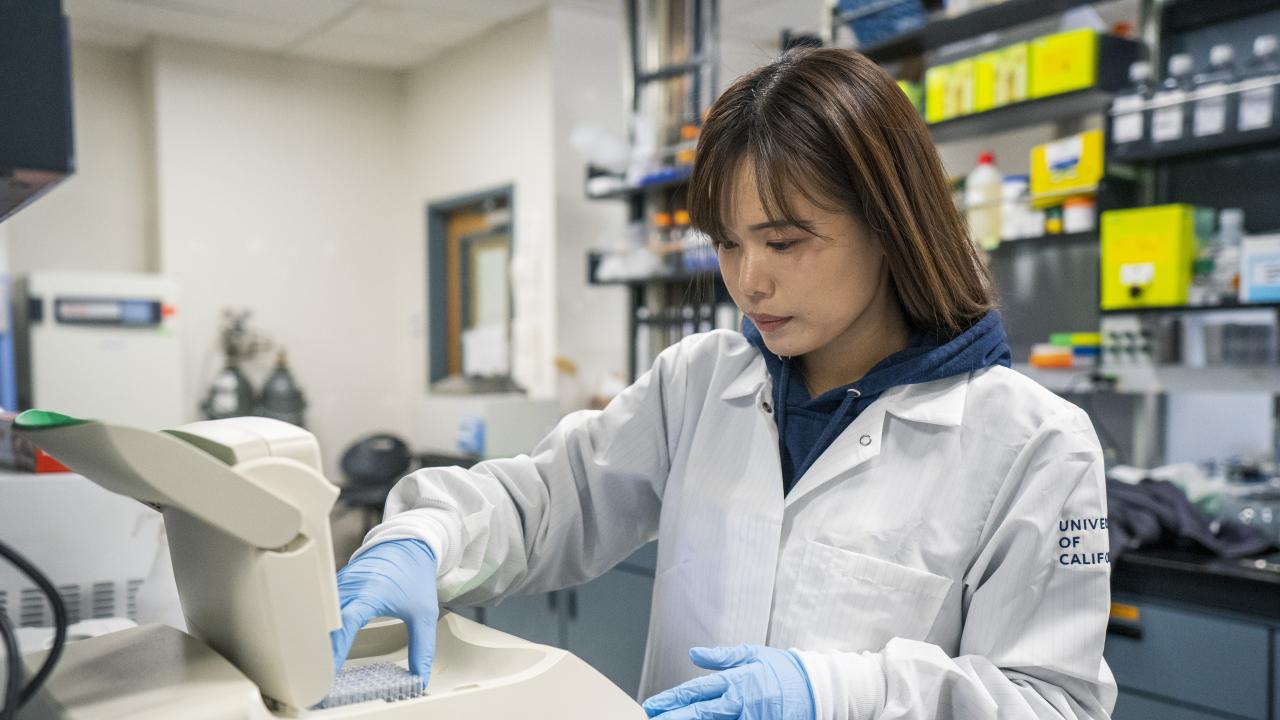
Piglets Get a Health Boost from Added Amino Acids
Weaning is a tough time for piglets. Just like human toddlers starting solid food, young pigs face stress when they’re separated from their mothers and introduced to new diets. This stress can make them sick, especially with gut infections caused by harmful bacteria like E. coli, leading to diarrhea and slow growth.
A recent study explored whether adding two specific amino acids—L-glutamate and L-aspartate—to piglets’ diets could help them grow better and stay healthier. Amino acids are the building blocks of proteins, but some, like these two, also play extra roles in keeping the gut working properly.
“Typically, L-glutamate and L-aspartate are considered dietary nonessential amino acids,” said Ph.D. candidate, and lead researcher on the study, Supatirada Wongchanla. “But they have more functions than supporting protein synthesis and in fact have special roles.”
The researchers divided weaned piglets into groups: some were healthy, some were exposed to E. coli, and some got feed with added amino acids or antibiotics. They tracked growth, gut health, diarrhea severity, and gut bacteria over two weeks.
The results were promising. Piglets that ate feed with L-glutamate or L-aspartate grew faster and gained more weight than those that didn’t get the supplements. L-aspartate, in particular, helped reduce diarrhea and supported the structure of the intestines, making them stronger against infections. L-glutamate helped the piglets’ guts fight off harmful bacteria and encouraged the growth of “good” bacteria in the intestines.
“So it means both of them have their specific roles in supporting intestinal cell growth as the main energy source and by providing additional health benefits,” said Wongchanla.
In short, these amino acids acted like a natural boost for piglets’ gut, helping them handle weaning stress, stay healthy, and grow stronger, and more efficiently too.
This research suggests that adding L-glutamate or L-aspartate to piglet diets could reduce the need for antibiotics in farming while supporting animal health—key elements of a more sustainable pork industry.
And for the lead researcher, the most rewarding part was seeing how the science could make a real difference on farms.
“I hope that my research can help, the pork producers or any stakeholders who are working with feed farms for pigs or other animals,” said Wongchanla. “They can see this, that they're not just nonessential amino acids. They could potentially be considered essential during specific stressful conditions, such as post-weaning period. With this information, they could improve their feed formulas and possibly further reduce the use of antibiotics.”
Wongchanla works in Dr. Yanhong Liu’s lab at UC Davis. Liu, a faculty member in the Department of Animal Science, focuses on developing new dietary strategies to promote disease resistance in pigs — an important consideration as genetic lines evolve.
Wongchanla credits much of her project’s success to the teamwork within Liu’s lab.
“It was truly a collaborative effort,” she said. “Working with such dedicated and motivated people made the research process not only productive but enjoyable.”
She added that the experience of working closely with her lab members and interns has helped her grow as both a scientist and a leader.
“There’s so much to do in an animal trial — it’s not something you can do alone,” she said. “Everyone in the lab really steps up to help, and I’m so thankful for that. It’s taught me how to organize my thoughts, be patient, and to be empathetic too. I really now can appreciate how much research depends on teamwork.”
